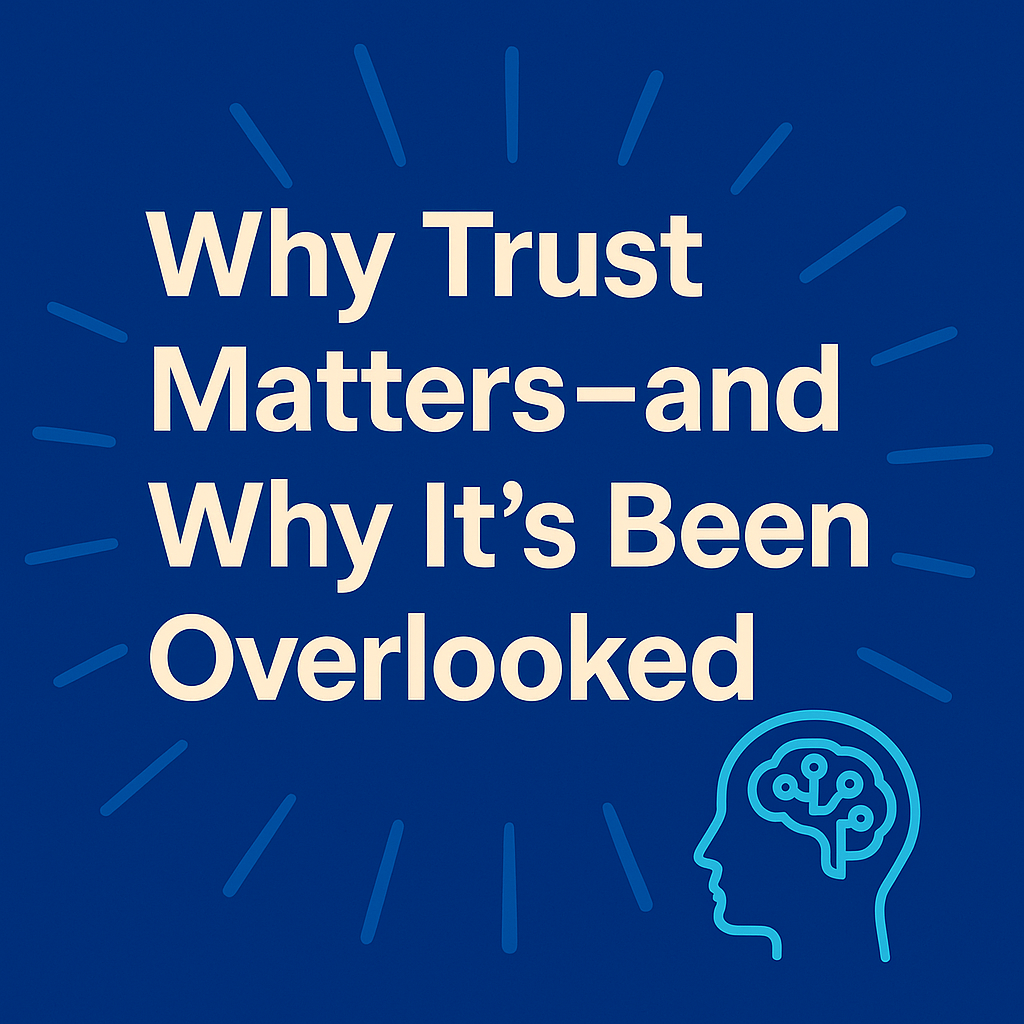Picture this: a rare-disease caregiver downloads a new AI-powered health app to stay on top of symptom changes. But as they glance at the app’s recommendations, they hesitate. “Is this safe? Is my data private? Can I trust what it’s telling me?” Sound familiar? That moment—right there—is where trust either anchors engagement or lets it drift away.
We know AI in healthcare is no longer sci-fi—it’s already helping tailor treatment plans, assist clinicians, even streamline trial engagement. But trust isn’t automatic; it’s earned. And when it comes to underserved populations, sensitive contexts like mental health, real trust—rooted in transparency, empathy, and fairness—is what makes technology genuinely useful.
Patients worry about privacy, “black-box” models, and data misuse—especially when AI systems feel opaque or inaccessible.
Research shows that trust dips when AI’s presence is made explicit—unless it's paired with meaningful engagement and clarity.
Deployments in healthcare are slow when trust isn’t part of the design—not just performance or accuracy.
What Makes Human‑Centered Trust? The Five Essentials
Let’s break it down in everyday terms:
Explain It Simply
Think of chatbots or symptom checkers that say why they suggest something—not just “take two pills”—but “based on your symptoms and daily patterns.” Laypeople absorb and trust deeper when explanations reflect their own knowledge and context.Keep Humans in the Loop
AI should support—not replace—trusted caregivers or clinicians. That human touch is essential, especially when decisions feel consequential.Design With the Community
Tedious outreach doesn’t build trust. Co-design with patients, caregivers, and advocates from Day 1—especially those from underrepresented communities. Transparently show how their voices shaped the product.Build Feedback Loops
Ask users: “How did that message land? Was it useful?” Listen, adapt, and then communicate how that feedback improved the next version. That’s powerful trust-building in action.Embed Ethical Fairness
Whether it’s mental health chatbots or virtual assistants, AI must be validated across diverse groups—not just tested on the most common demographic.
A Real-World Example: Cedars‑Sinai’s AI Platform
Not far off from this model is Cedars‑Sinai’s AI-powered virtual care platform, CS Connect. Since 2023, over 42,000 patients have used it—getting symptom assessments and preliminary recommendations, which physicians then review. A 2025 study showed a 77% optimal treatment recommendation rate from AI, versus 67% from physicians—highlighting both AI’s impact and the importance of physician validation. Business Insider
This model lets AI do the heavy lifting, frees doctors to focus on human connection, and keeps trust strong—because patients know humans remain in charge.
Imagine launching a pilot that doesn’t just track clicks or adherence—but measures patient comfort, confidence, and clarity. Maybe it’s a co-designed symptom app for caregivers, or an AI-assisted outreach platform built with advocacy partners. We can track qualitative feedback, outcome shifts—and trust itself.
Let’s build AI tools that don’t just work well—but feel trustworthy, fair, and human. Interested in talking through a pilot or narrative series? Let’s make trust the next innovation vector.
